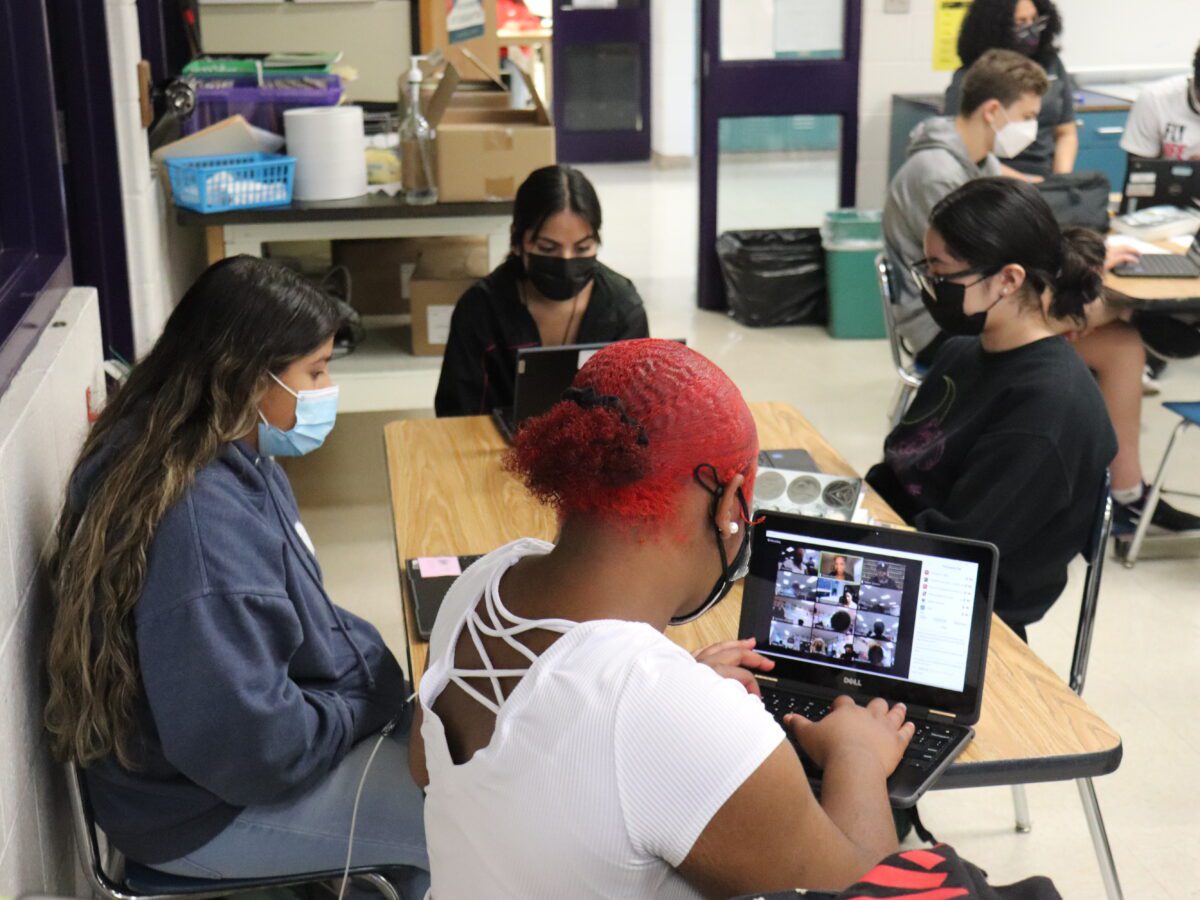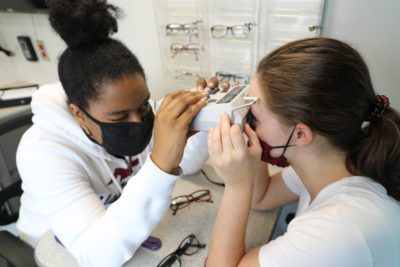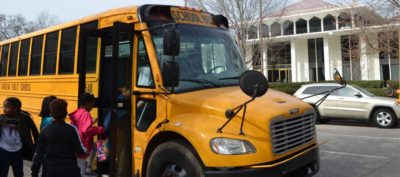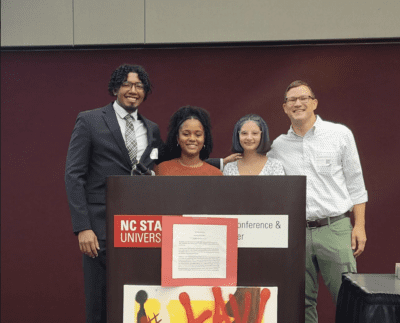
Editor’s Note: This piece was originally published by Indy Week on Jan. 11, 2023.
Dear members of the Durham Board of Education,
On November 15 Durham Public Schools (DPS) received a grant for $18 million from philanthropist MacKenzie Scott. DPS is one of many public school districts receiving donations, and while Scott is known for selecting the organizations she funds out of the public eye and with no specific explanation for each selection, it’s clear why she chose DPS.
Scott looks for organizations with missions that indicate “high potential for sustained positive impact” and “experienced leadership representative of the community served.”
Scott’s philosophy of choosing organizations that are already committed to equity and uplifting underserved communities should also be the lens through which DPS decides how to use the money.
“When our giving team focuses on any system in which people are struggling, we don’t assume that we, or any other single group, can know how to fix it,” Scott wrote in an essay published last March. “This means a focus on the needs of those whose voices have been underrepresented.”
This donation has the potential, and the intention, to significantly impact students, so we encourage you to listen to student voices. We know how our schools work and what our education looks like better than anyone. We know what needs to be changed.
With her philosophy in mind and our own perspectives as high school students, we recommend using the funds to address three critical needs.
Buses
On November 23, DPS announced that 24 buses would either be delayed or not in service at all due to driver shortages. Some students were hours late to class. Others simply couldn’t go to school because they couldn’t get another ride.
The shortcomings of our bus system is the most urgent and glaring issue impacting our students right now. Buses are often late picking students up at their stops and drop them off tardy to their morning classes. A driver shortage forces many buses to transport two separate loads, which leaves students, teachers, and administrators waiting at school for an hour or more after class is dismissed. It’s a tremendous waste of students’ time, an inhibitor to education, and a serious equity issue. Students who can drive themselves or have parents who pick them up leave as soon as the school day ends, while students who have to ride the bus wait every day.
The district has already increased pay multiple times to try to recruit more drivers. If staffing issues continue to prevent us from improving student transportation, we need to create programs and enrichment opportunities to better utilize the time students spend waiting for their bus after school. What if there was tutoring and homework help for students who spend their afternoons waiting for the bus? What if we were able to implement teachers’ ideas that could boost academic progress during the time kids currently spend standing in a parking lot?
Using this money to fix the issues with our bus system would have a direct and immediate impact on students, teachers, administrators, parents, and the whole school community.
Additional resources for impoverished students and families
There is a slew of research that suggests that poverty is the number one factor that impacts academic achievement. About 55% of DPS families qualify for free or reduced lunch. As inflation and reduced access to free school meals due to federal funding cuts create new financial challenges, the district should prioritize the needs of its low-income students.
This can take the form of broader access to free lunch for students or guaranteed meals for students and families during breaks. This could be after-school transportation for students who want to take part in clubs or sports after school but don’t have access to a ride. We could provide small-group, professional tutoring opportunities to reduce the achievement gap, or resource closets at school that discreetly offer toiletries, clothing items, and food to take home.
DPS showed its commitment to supporting low-income students during the pandemic by fast-tracking individual Chromebooks and making all meals free and available. With the $18 million, the district can and should expand the services it provides and offer additional resources that were previously unattainable.
Enriched academic opportunities/modernized classrooms
Coming back from online learning has been tough for many students. Data from NAEP Nation’s Report Card shows that decades of academic progress has been erased by pandemic learning loss, especially for younger students. Let’s not pretend we can fix this issue by “making up” that year and a half that we “lost.” Instead, let’s move forward with educational opportunities that will offer students a more robust learning experience that compensates for years of compromised stimulation and instruction.
Our journalism class knows how money and resources can enhance learning. Last year, The Pirates’ Hook partnered with The Ida B. Wells Society for Investigative Reporting to pilot a high school program designed to recruit journalists of color. We took field trips to the News and Observer headquarters and UNC’s Hussman School of Journalism and Media. World-class reporters, editors, and college professors facilitated workshops via Zoom to supplement our curriculum. And local journalists visited our classes to coach us through the research and writing process as we completed our own investigative reporting projects. The additional adults drove down the student-to-teacher ratio, which enriched our learning. These experiences produced some of the best writing ever featured in the Hook.
However, like many other classrooms at Riverside, we face outdated technology and broken equipment. Our class set of Macs is almost 13 years old. They no longer run up-to-date versions of the Adobe software we use to edit photos and design our print editions. Using the grant money to modernize classrooms like ours could upgrade us to Adobe Creative Cloud software, which would allow us to save files to a cloud and work collaboratively, similar to Google Drive. It could fund additional cameras and microphones for broadcast and podcast projects.
We are evidence that enriched academic opportunities and modernized classrooms are both positive and scalable. Our class, like our school and district, is diverse. We publish the only bilingual high school newspaper in North Carolina and compete with schools from more affluent cities and districts for state and national awards. Last year, our newspaper was recognized as one of the best in the state. Think about the kind of content we could produce if we had updated technology on par with professional and college-level newsrooms. And think about how many other DPS classrooms could benefit, and grow, in the same way we did.
Our district has a total operating budget of $678 million, so we know that an $18 million grant won’t be able to fix everything. But by targeting the right issues, the school board has the opportunity to enact significant change and address issues that we’ve never had the capital for.
Like Scott, we don’t pretend to have all the answers, but we as students are the underrepresented voices she seeks to amplify. We do have a real understanding of the issues that affect our community.
Board members, please consider the suggestions outlined in this letter and by our classmates. We value DPS and all of the work it does, and we hope that this donation is able to have the highest impact on its student beneficiaries.
Sincerely,
The Pirates’ Hook staff





